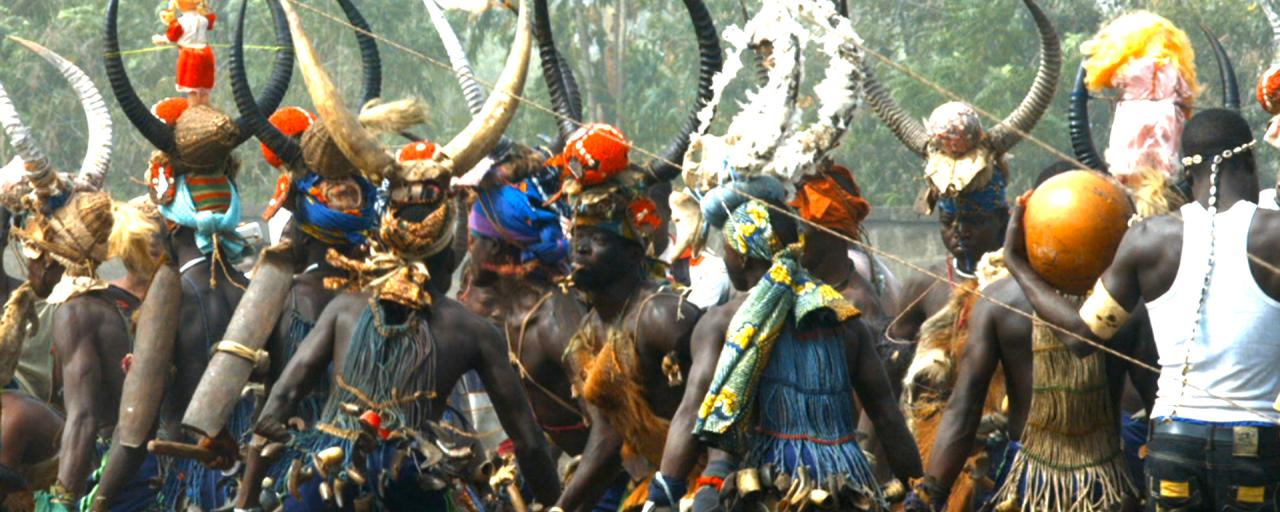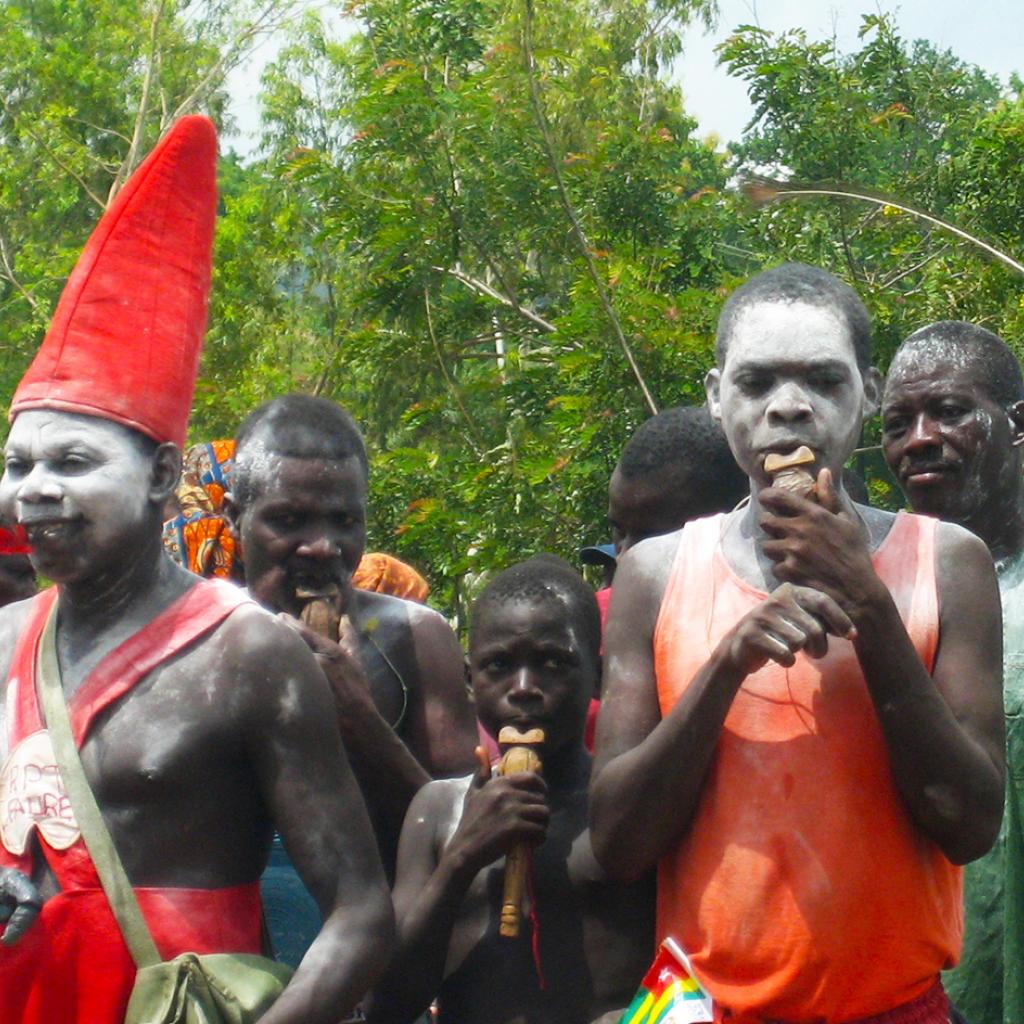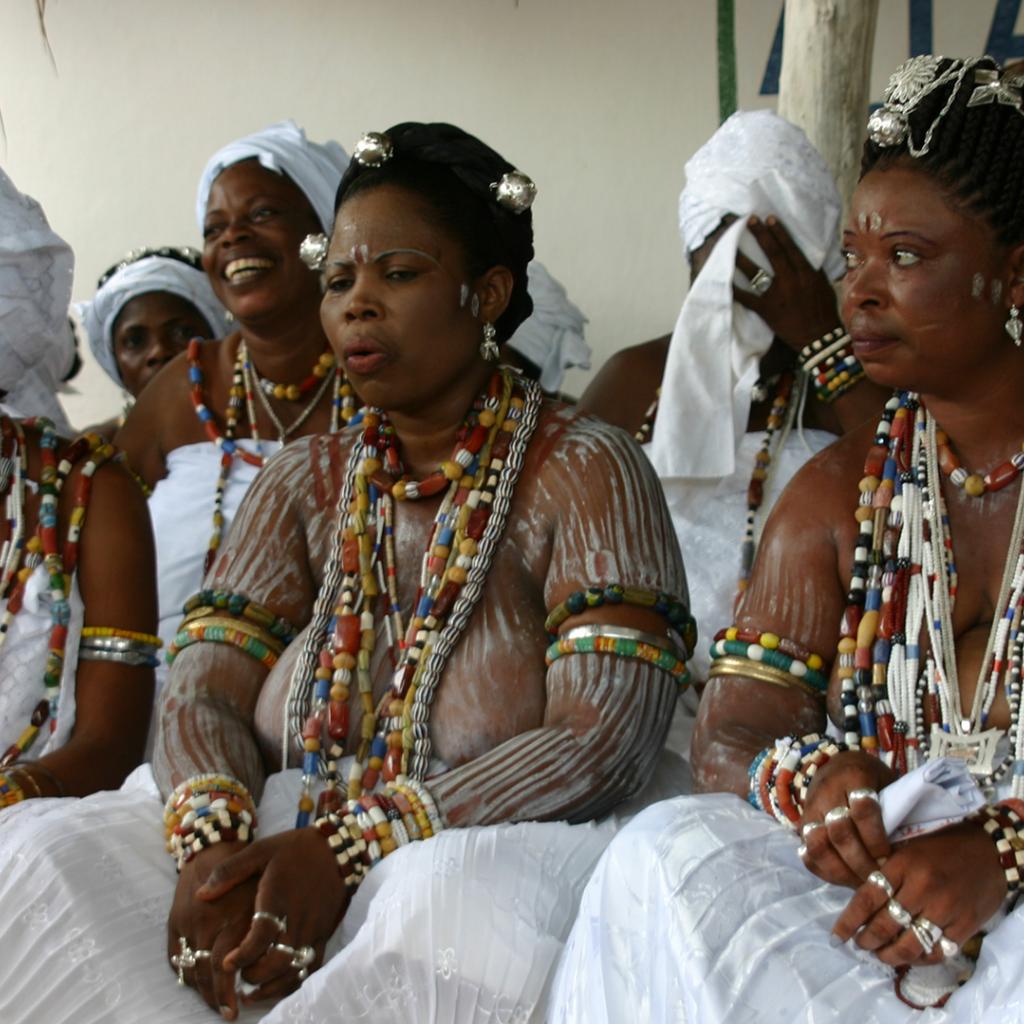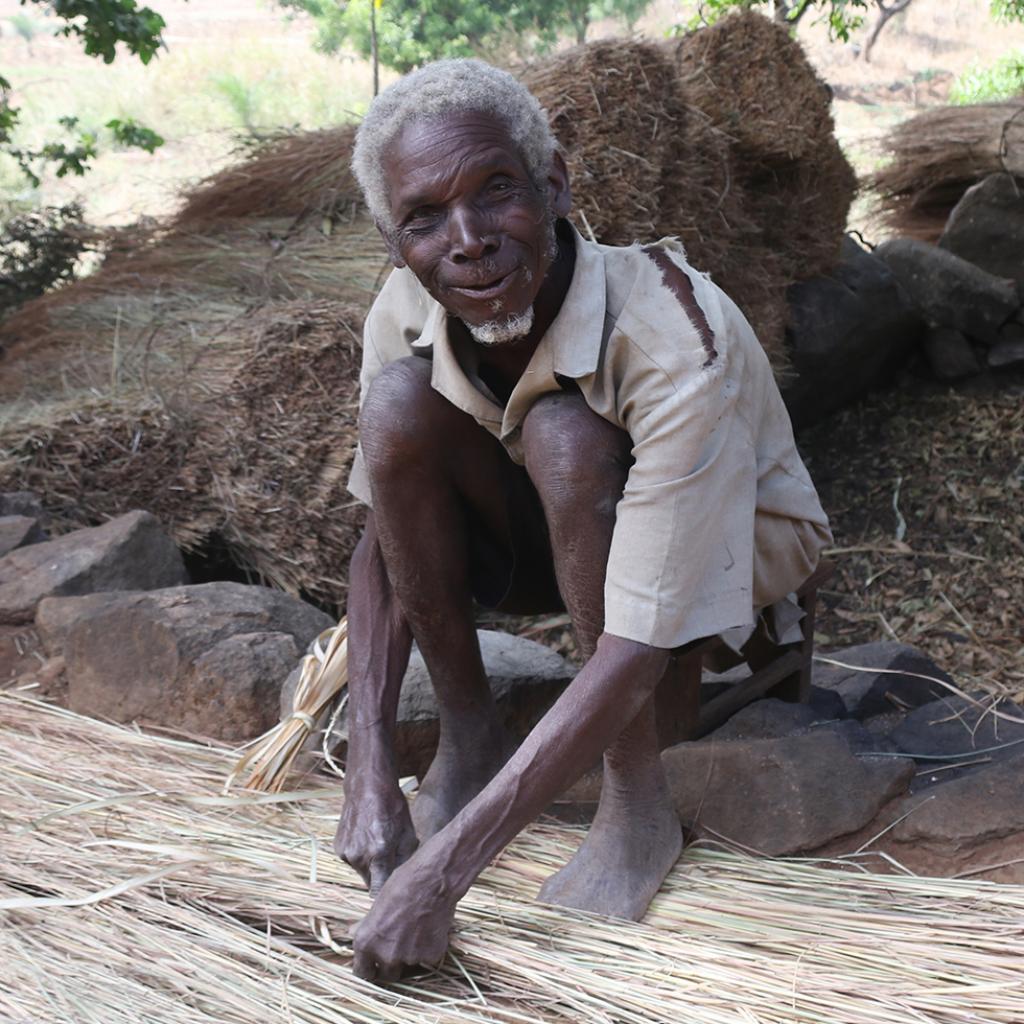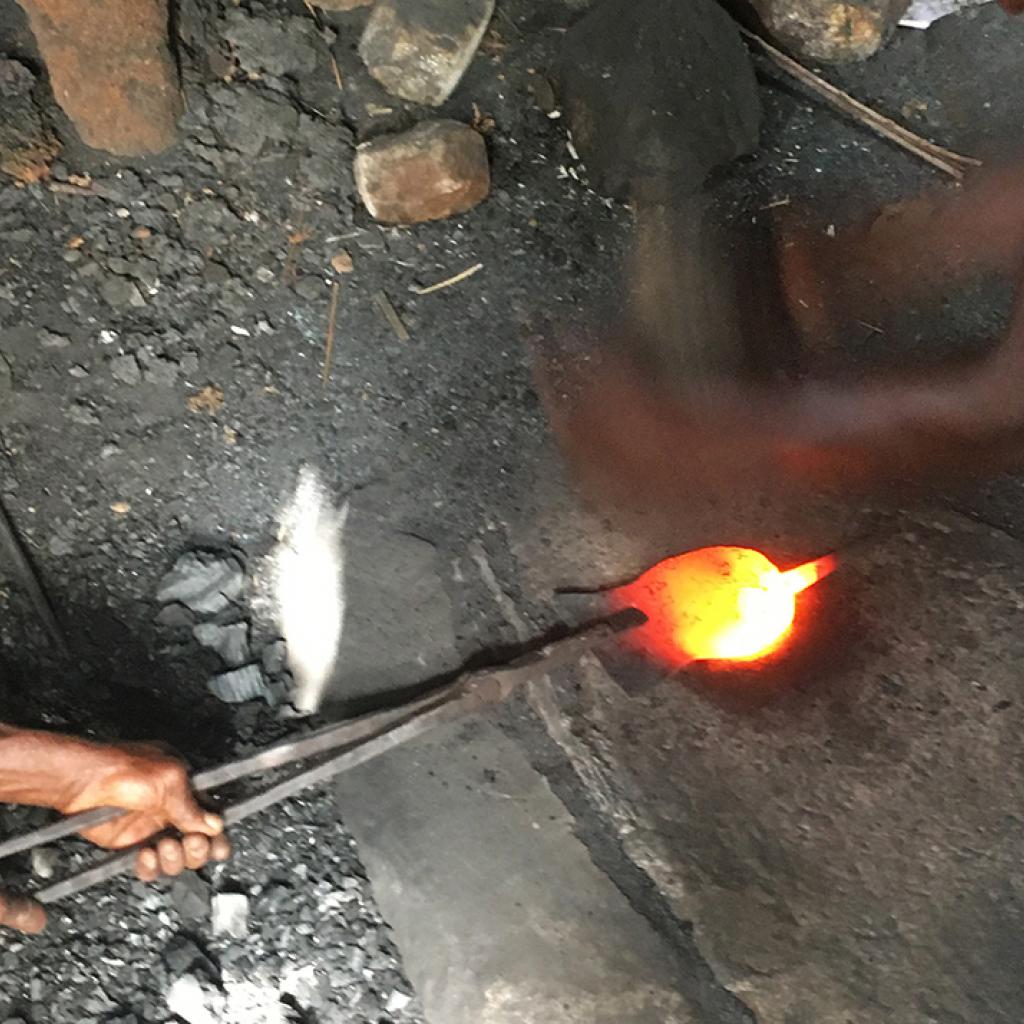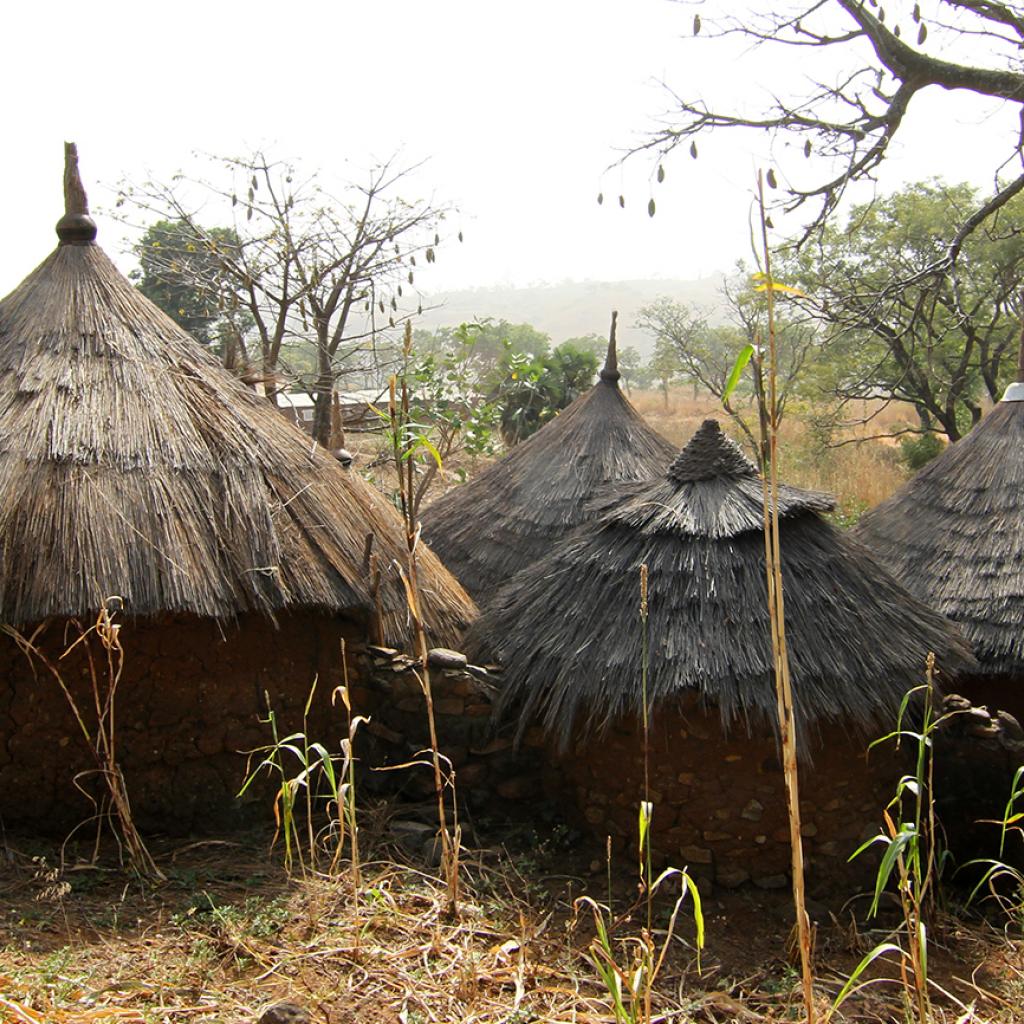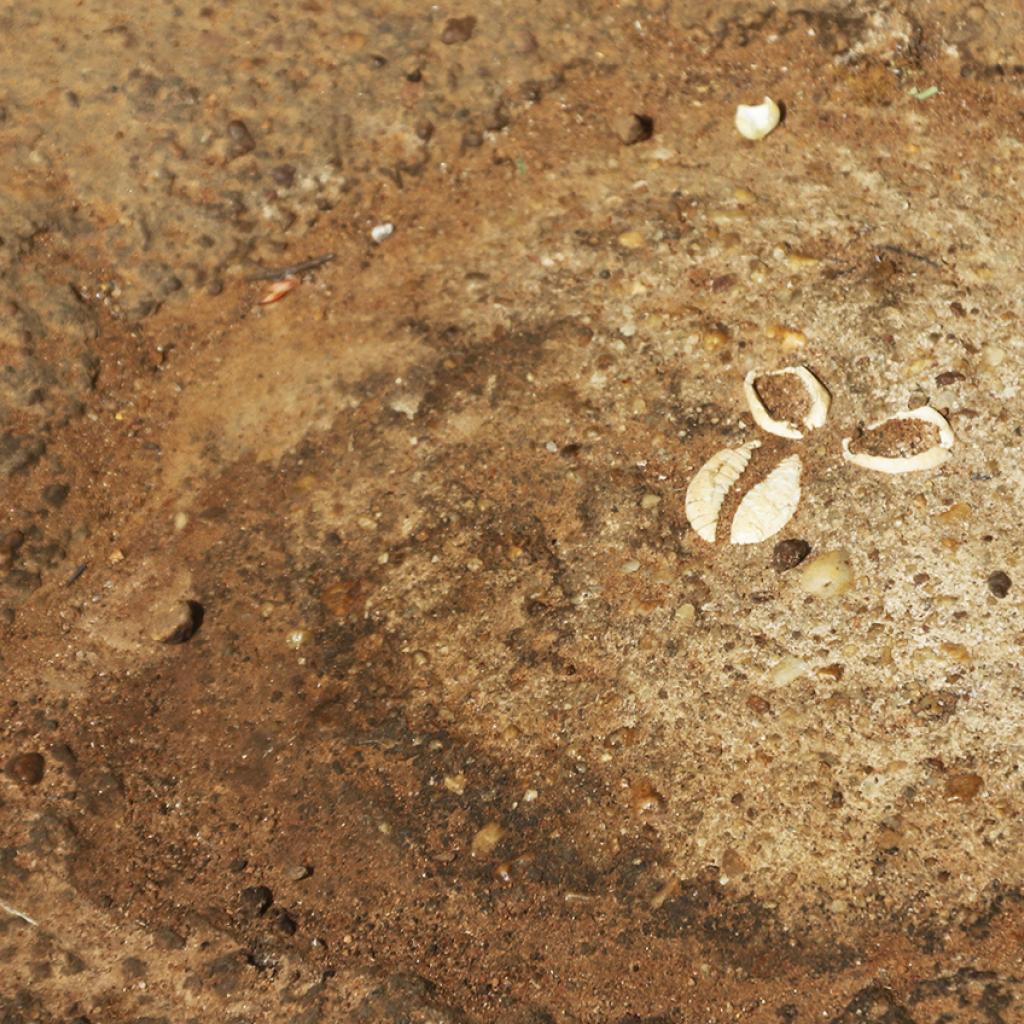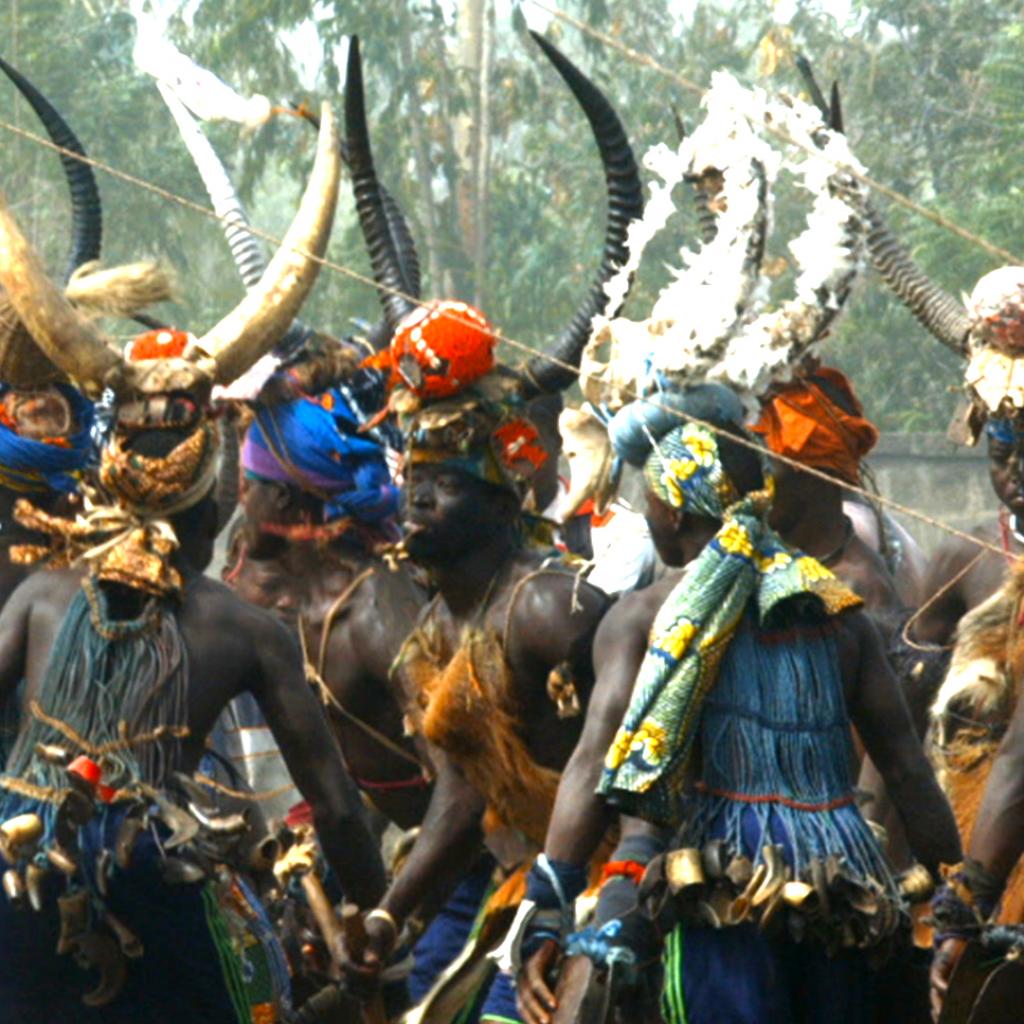The Kabyè are one of the oldest populations of Togo and, even today, they continue to follow many ancestral traditions related to initiation rites, such as the evalian fights of the boys or the Akpéma ceremony for the girls.
The first initiation rite takes place at birth, the Kabyè believe that the child is not part of their family until they find a connection with the ancestors.
Only after the child is identified with one of the dead ancestors he is treated as a member of the family and relatives define the sex of the child only after initiation, that becomes a symbolic act that causes the child to lose his androgynous nature.
But the most important initiation rite in the Kabyè society is played by the Evala, a ritual fight, a kind of wrestling, that marks the passage of young males to the stage of maturity.
The Evala is a complex ritual and consists of a series of phases that culminate in a ritual fight that is practiced by young people who want to go into adulthood.
Every year in July the young Kabyè gather in the city of Kara, in Northern Togo, to compete in a week-long fight contest.
In preparation for the fight, the spirits of the ancestors are invoked by the elder of the family who offer them offerings.
The women cook a particular dish that will be consumed by the wrestlers at the end of the battle.
A young man must fight for three consecutive years to overcome the initiation rite; it is not necessary to win the fight to move on to the next phase, the important thing is to take part in it.
Once the Evala ritual is finished, the young man enters an intermediate stage, at this point he must pass the next phase, the Kondona.
The young man shaves his head, then he must take part in a ritual dance and then he must climb a mountain and then play a gong.
When the celebrations of the Kondona are over, the young man finally passes to adulthood.
On the other hand, the girls have to go through a single initiation ritual, the Akpéma.
The young are stripped of their clothes and are paraded wearing only a necklace and a belt of shells; they are led into the woods where they have to sit on a sacred rock to show that they are still virgins.
Then they return to the village and a dance concludes the ritual.
Another important event is the Sinkaring, a harvest and initiation celebration.
The etymology of the word Sinkaring comes from two words: Sankuu that means to wash one's hands, purify oneself and Karuu that instead means to be ready to face the trials of life.
The Sinkaring is a test during which the children have to show their resistance and spirit of struggle, to defend their community, and at the same time the transition from the youth stage to the adult phase.
It is a moment to celebrate the perfect union between the clan, peace, reconciliation and social cohesion, as a guarantee of development, but also an opportunity to celebrate the new harvest and then enjoy the fruits of the earth, with pancakes of beans and sorghum beer.
During this celebration the best farmers are voted, who receive prizes and awards.
The festival is celebrated every year on the first Saturday of December and is an example of how this people continue to preserve the cultural and traditional values handed down from generation to generation.


